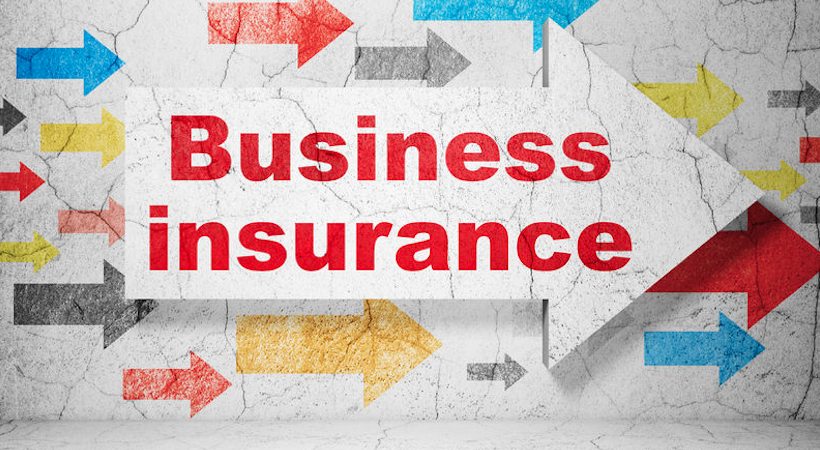Whether you’re running a startup or are self employed, every small business owner faces risks. However, many small businesses are underinsured for various reasons.
According to a survey conducted by the Independent Insurance Agents & Brokers of America, nearly 60 percent of home-based businesses lack insurance.
Nearly 30 percent of those surveyed said they aren’t insured because they feel like their businesses are “too small to insure.” In today’s litigious society, this means a significant number of small businesses face real risk without appropriate coverage. If in the course of business you regularly interact with clients and other third parties, or your business owns physical assets, you’re at risk for financial loss.
To a new entrepreneur, the insurance industry can seem like a maze. One way to simplify the process is with a Business Owners Policy, or BOP.
A BOP combines three coverage elements from a few core policies many businesses choose (general liability, commercial property and business interruption) into one affordable package.
Here are a few key ways in which a BOP can protect your business:
Third party claims
A BOP includes elements of a general liability policy, which protects your business from third party (essentially, non-employee) claims of bodily injury or property damage. A third party claim can result from something you or your employees did in the course of business that caused the third party harm.
This includes a variety of scenarios from accidentally damaging a client’s flooring, to causing a slip-and-fall from forgetting to mop up spilled water. Even something as casual as spilling coffee on a client’s computer or handbag could result in a claim. Even if you’re not found liable, a claim could still cost you big time, as defense costs alone in a lawsuit could bankrupt a small business.
Related: 5 Types of Business Insurance and Why You Need Them
Property damage
If you own physical property that is used for business, your assets can be protected with a BOP, which includes commercial property coverage. A BOP is also applicable if you lease or rent property, and is sometimes a requirement.
This is important because it’s often something unexpected that results in a property insurance claim, such as a natural disaster, fire or theft. Keep in mind, there are certain types of events which may be excluded from a policy, such as a flood or earthquake.
Business interruption
If your business is the victim of a disaster or vandalism, you may be forced to close temporarily. For example, if you own a store and a fire destroys it, you could end up mired in repair work for months. Or, if you run a marketing agency and your office is damaged by weather, you may need to relocate operations until your office can be repaired. In these cases, a BOP’s business interruption coverage can help to cover both lost income and ongoing expenses.
Who should get a business owners policy
A business owners policy is particularly applicable to businesses with storefronts or offices that outsiders, including clients or customers, regularly visit. It’s also ideal if your business operates out of a single location that contains valuable equipment.
For example, perhaps you own a photography studio where a lot of expensive camera equipment is stored. The nature of these businesses leave them open to a number of risks surrounding third party liability claims, property damage and unexpected business interruption, and a BOP is a simple solution to address this broad set of scenarios.
Depending on your industry, you may also want to consider adding coverages to your BOP. For example, if your business collects or stores sensitive information digitally, you may want to consider cyber insurance.
Related: Sign up to receive the StartupNation newsletter!
When is a BOP not the best solution?
While many small businesses qualify for a BOP, it’s not the best insurance package for everyone.
For example, if you’re a consultant without employees, you’ll want to consider errors and omissions (also known as professional liability) coverage in addition to general liability. However, without offices or property to protect, a BOP may not be the most appropriate solution.
Similarly, if your business involves doing physical work onsite at client locations (such as a contractor), a BOP may not be best solution. While many clients will require proof that you meet a certain level of liability coverage, if you use physical equipment which is regularly moved between locations, an Inland Marine policy may be a better fit.






